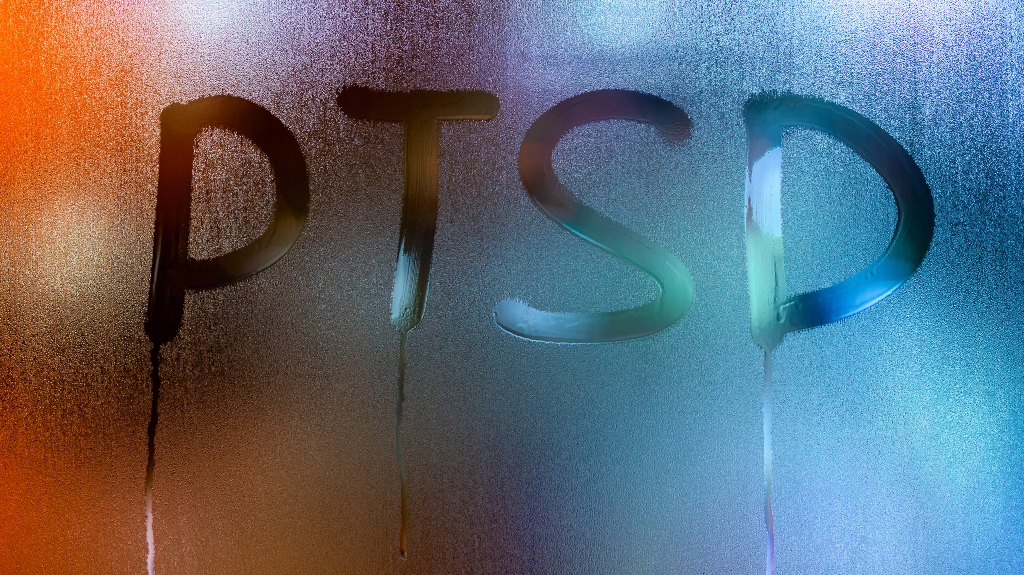
Post-traumatic stress disorder (PTSD) is not a condition that is strictly limited to military veterans. The National Center for PTSD estimates that about six percent of the general adult population will develop PTSD at some point in their lives. Veterans who see conflict or experience trauma while in the service are at a greater risk of developing PTSD.
Five Ways PTSD Affects Your Life
Many people experience trauma at some point in their lives and may experience some temporary disruption to their daily lives as they adjust to the event. The symptoms of PTSD are longer-lasting and more pervasive than these temporary disruptions. Symptoms of PTSD commonly develop within a month of a traumatic event, but in some cases, years can pass before you begin to notice symptoms.
Five common symptoms associated with PTSD include:
Flashbacks of the Traumatic Event
First, you will likely experience frequent and uncontrollable flashbacks or nightmares of the traumatic event. More than just memories, these flashbacks are vivid re-experiences of the traumatic event and cause you to relive much of the trauma that you initially experienced. These flashbacks can occur both during the day and at night.
Severe Anxiety
As a result of the flashbacks, those with PTSD tend to develop severe anxiety. They may feel unsafe and worried that the traumatic event can happen again without warning. For instance, a veteran who develops PTSD following an attack may be on edge months or years later, fearful that another attack is imminent. This can impact their relationships with others and their ability to enjoy pleasant experiences with loved ones.
Difficulty Concentrating and Sleeping
The anxiety and flashbacks that accompany PTSD often lead to poor sleep quality at night. You might fall asleep and wake several times during the night or have fitful and restless sleep. This can affect your concentration during the daytime. People with PTSD might report not being able to focus, having trouble remembering events or details, or experiencing difficulty with following instructions.
Self-Destructive Behaviors
In some cases of PTSD, a person is so desperate to avoid thinking about and having to relive the traumatic event that they engage in destructive behaviors. They may become dependent on alcohol, drugs, or over-the-counter medications like sleeping pills. These habits can interfere with the person’s familial relationships and friendships and further alienate the person from those people who care about them and who are trying to help them.
Veterans with PTSD Can Seek VA Disability Benefits
Centonzio Law is available to help veterans with PTSD obtain VA disability benefits. The intensity and frequency of your symptoms can make working difficult, if not impossible. If this is your situation, you may be entitled to disability benefits through the VA.
Obtaining appropriate benefits for mental conditions like PTSD can be challenging, as the VA may not fully understand how serious your symptoms are. Depend on Centonzio Law and our experienced team to help tell your story to the VA so you get the benefits you deserve. Contact us online or call us at (800) 342-2727 or contact us online.
